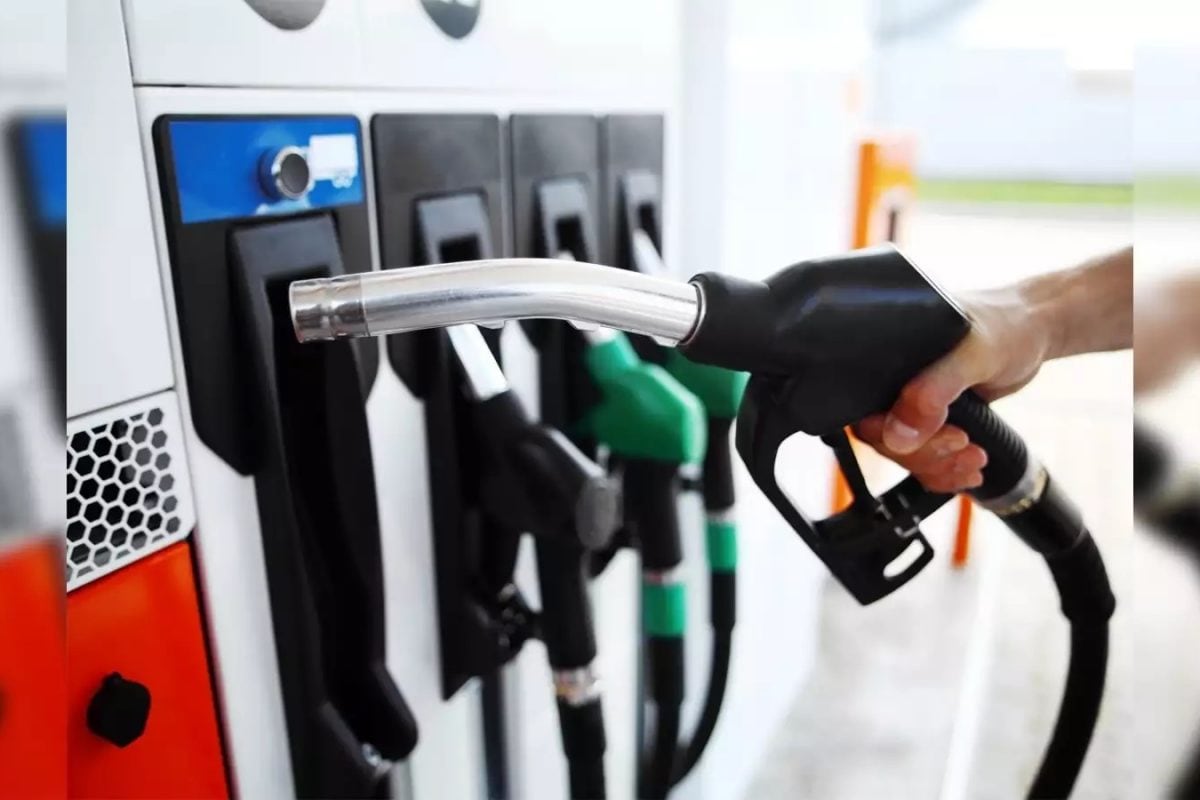

As of June 12, 2025, fuel prices in India have remained largely steady across major metropolitan cities. This stability follows a period of fluctuations influenced by international crude oil prices and geopolitical tensions. Consumers are advised to check with their local fuel stations for the most accurate and up-to-date rates, as minor variations may occur due to local taxes and levies.
In Delhi, petrol is retailing at approximately Rs 94.77 per liter, while diesel is priced at Rs 87.67 per liter. Mumbai sees slightly higher rates, with petrol at Rs 103.50 per liter and diesel at Rs 90.03 per liter. Chennai residents can expect to pay Rs 100.80 for a liter of petrol and Rs 92.39 for diesel. Kolkata's prices are also in a similar range, with petrol at Rs 105.41 per liter and diesel at Rs 92.02 per liter. These prices reflect the rates at 6 a.m. today, consistent with the daily revision cycle practiced by oil marketing companies in India.
The stability in fuel prices can be attributed to a combination of factors. Firstly, the central government and various state governments reduced fuel taxes back in May 2022, which has helped to keep prices in check despite global market volatility. Secondly, the dynamic fuel price methodology employed by oil marketing companies (OMCs) allows for daily adjustments based on international crude prices and the exchange rate of the rupee against the dollar. This mechanism helps to absorb some of the shocks from the international market.
However, it's important to note that global crude oil prices continue to be a significant driver of domestic fuel rates. Brent crude, the global benchmark, saw a rise to $70.01 a barrel due to escalating tensions in the Middle East, which had initially caused concerns about potential price hikes.
Looking back, crude prices had earlier dipped below $59 in May, marking the lowest level since February 2021, illustrating the volatile nature of the market. These fluctuations underscore the importance of the dynamic pricing mechanism in mitigating the impact on consumers.
The global context plays a crucial role in determining India's fuel prices. As a developing country, India relies heavily on crude oil imports to meet its domestic needs. Consequently, any changes in international crude prices or currency exchange rates can have a ripple effect on the prices at the pump. Market analysts continue to monitor these factors closely, providing forecasts and insights to help consumers and businesses anticipate potential changes in fuel costs.
Overall, the current stability in petrol and diesel prices offers some relief to consumers. However, with global uncertainties and fluctuating crude oil prices, it remains crucial to stay informed and prepared for potential future adjustments.